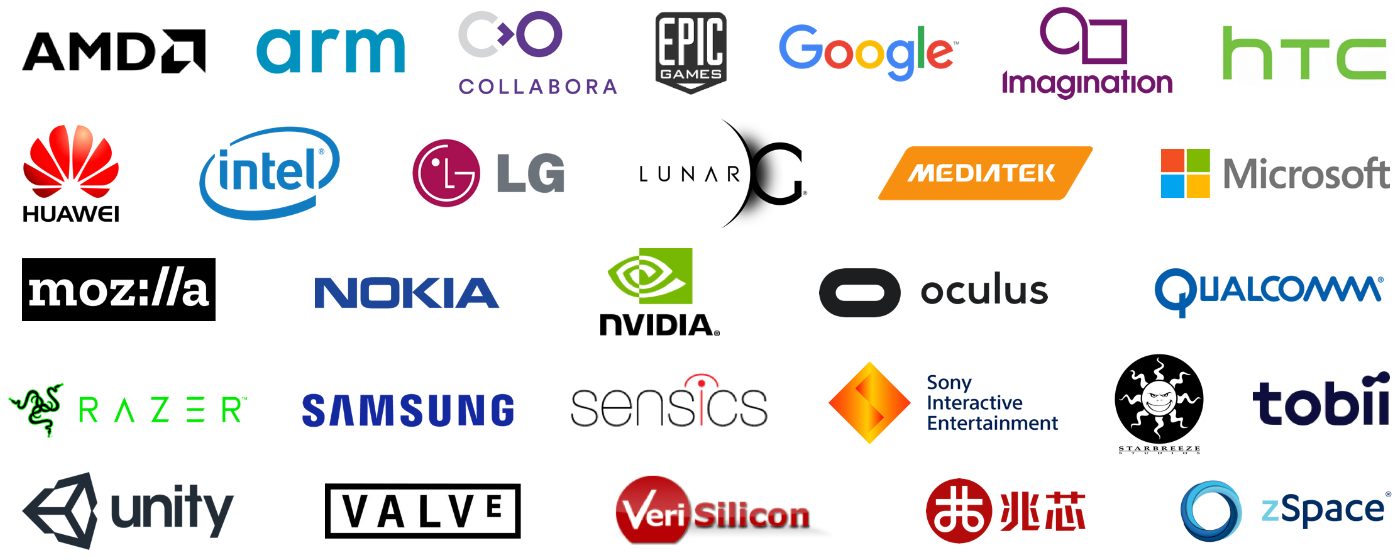Khronos Group, the consortium behind the OpenXR project which aims to standardize the way applications communicate with AR and VR headsets, just added Microsoft to its ranks. Among its count of members, the OpenXR working group consisted of nearly every major player in the industry except Microsoft until now.
By the virtue of its Windows operating system, the basis of which nearly every PC VR headset uses to function, Microsoft joining the OpenXR initiative represents a win for the others involved, which include industry players like Google, Oculus, HTC, AMD, NVIDIA, Epic Games, Unity, Intel, Qualcomm, Sony, Samsung and Valve.

Although guessing at a company’s motives is a bit like reading tea leaves sometimes, Microsoft taking part in building OpenXR makes a strong case for its ultimate interest in growing the open, royalty-free standard, and not trying to create its own internally developed “DirectXR” that would essentially dictate how headsets will talk to their OS. Up until now, it wasn’t clear which way Microsoft was headed.
Khronos says work on the actual OpenXR project has already begun and that it stands to eliminate market fragmentation by forcing VR applications and engines to be ported and customized to run on multiple VR runtimes, and requiring VR sensors and displays to be integrated with multiple driver interfaces.
There are however two reluctant holdouts left; Apple and Magic Leap, but it remains to be seen what either are bringing to the table.







